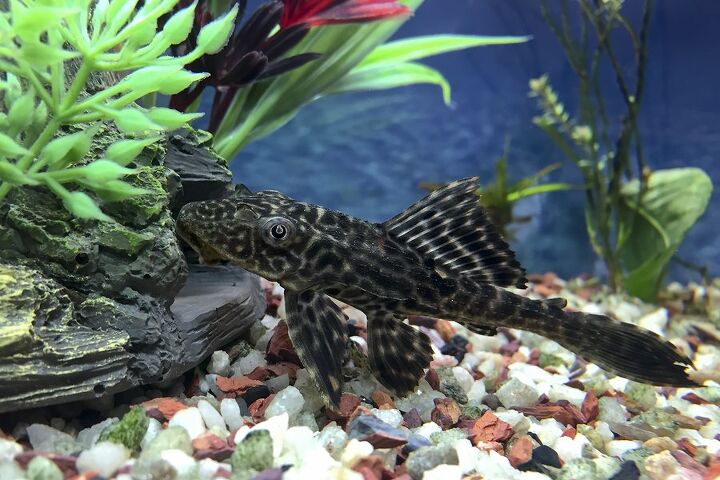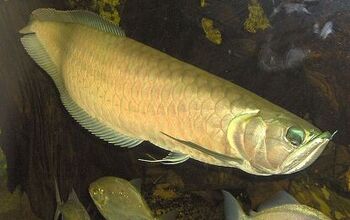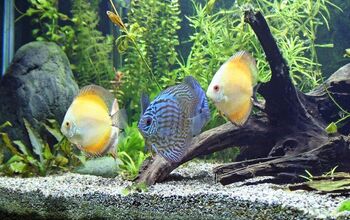Plecostomus


About Plecostomus
The name Plecostomus is typically used to describe the species Hypostomus plecostomus – this fish is also known as the Common Pleco or the suckermouth catfish. There are more than 150 different Hypostomus species, however, many of which are also referred to as Plecostomus or Plecos. When they are small, most Plecostomus are peaceful and non-aggressive. As they get larger, however, many Plecos become aggressive and territorial – some species can reach 24 inches in length or more.
The Plecostomus is a type of armored catfish that is found throughout the tropical regions of northeastern South America.
The Plecostomus is a type of armored catfish that is found throughout the tropical regions of northeastern South America. These fish have also been introduced into other parts of the world such as the southern United States and several Asian countries.
Different species of Plecostomus exhibit different colorations but different shades of brown are the most common coloration. Many Plecos have spots, stripes or patches of lighter colors on the body and there are several albino variations as well.
The ideal tank requirements for Plecostomus varies slightly from one species to another but most prefer warm waters with a neutral to slightly alkaline pH and soft to moderate hardness. The ideal temperature range for Plecos is between 66°F and 79°F with a pH between 6.5 and 8 and a hardness level between 1 and 25 dGH. These fish inhabit the lower levels of the tank so they should be provided with plenty of flat rocks and broad-leafed plants on which to feed. Plecostomus may also appreciate some rockwork and caves to use as hiding places.
Different species of Plecostomus exhibit different colorations but different shades of brown are the most common coloration.
The Plecostomus is often classified as an algae eater but that is not the only thing it eats. Plecos will feed on any type of plant matter and many of them eat small crustaceans as well. In the home aquarium Plecos should be fed a combination of algae wafers and fresh vegetables.
Also read: Tips and Tricks for Stocking a Community Tank
Plecostomus are egg-laying fish that do not tend to breed in the home aquarium. These fish typically spawn large quantities of eggs over flat surfaces or shallow depressions and the male will guard the eggs until hatching and for a short period of time after.
There are more than 150 different species belonging to the Hypostomus genus, many of which are referred to as Plecos in the aquarium trade. There are also many other catfish species from other genuses which are labeled Plecostomus. Some of the most popular Plecostomus species include the following:
- Spotted Plectostomus (Hypostomus punctatus)
- Clown Plecostomus (Glyptoperichthys gibbiceps)
- Sailfin Catfish (Pterygoplichthys multiradiatus)
- Leopard Plecostomus (Pterygoplichthys pardalis)
- Imperial Zebra Plecostomus (Hypancistrus zebra)
- Rhino Plecostomus (Glyptoperichthys scrophus)
- Gold Nugget Plecostomus (Baryancistrus sp.)
- Royal Plecostomus (Panaque nigrolineatus)
Photo credit: EuToch/Bigstock; susanem/Bigstock

Kate Barrington is the loving owner of two cats (Bagel and Munchkin) and a noisy herd of guinea pigs. Having grown up with golden retrievers, Kate has a great deal of experience with dogs but labels herself a lover of all pets. Having received a Bachelor's degree in English, Kate has combined her love for pets and her passion for writing to create her own freelance writing business, specializing in the pet niche.
More by Kate Barrington
























